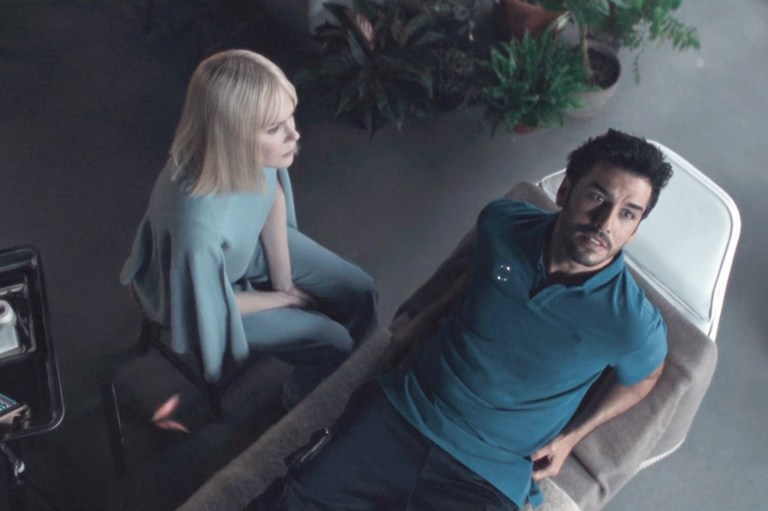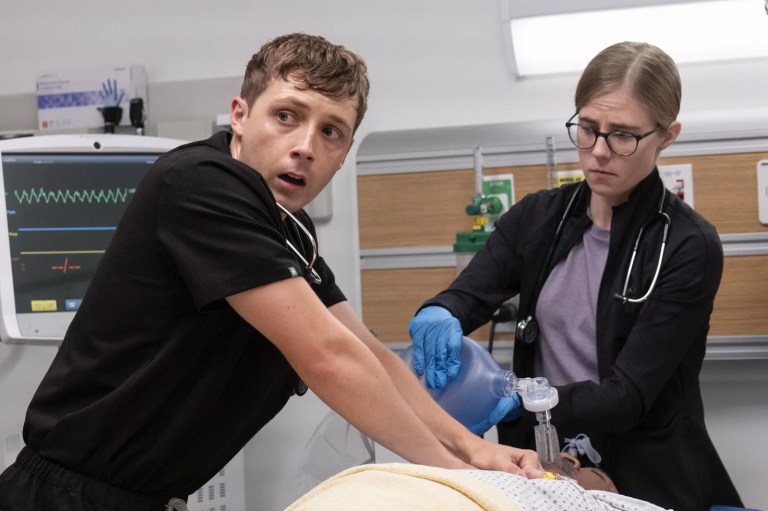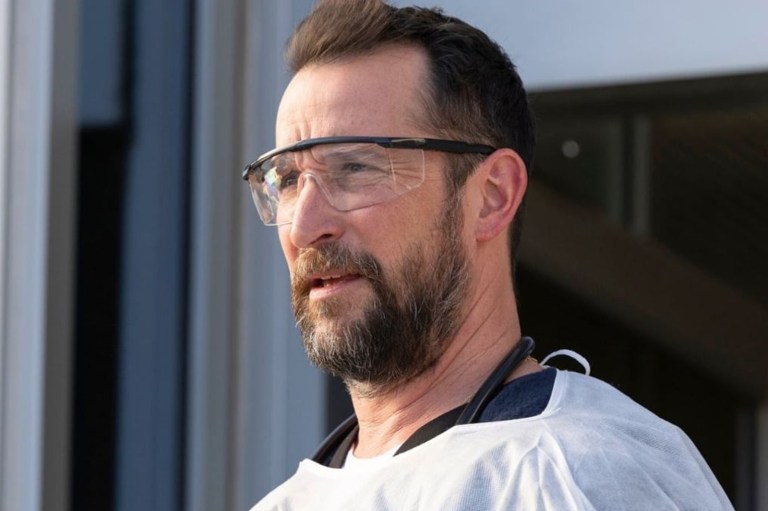
How To Navigate Your Love Life As A HIV+ Woman
By Maya Viecili
Relationships are often one of the biggest struggles among people living with HIV. No matter what the situation is, starting or maintaining a relationship after an HIV diagnosis can be a challenge.
I’ve been married since 2018, and I was living my best life when I started to feel sick. I had several episodes of fever that would come and go, visited many doctors who would run blood work on me with a normal result, and told me to wait for a result of “the flu” or something similar to come. I spent a full year experiencing different symptoms that could be of pretty much anything. It was only at the beginning of 2020 when I was extremely ill, weak, full of skin rashes, had lost several kilos and hair, and had trouble breathing and moving, that I was taken to a hospital where a doctor finally suggested an HIV test.
I was diagnosed with full-blown AIDS, already in the late stages with opportunistic infections taking over my lungs, eyes, spine, and skin, and had to be admitted to the hospital to start treatment immediately.
I don’t need to tell you how huge that shock was. I had never considered being infected with HIV. I had been very careful with my sexual life and did not engage in sex with people I didn’t know well – or so I thought.
For my husband, it was an equal if not bigger shock. I was awfully weak and could barely react to the news. I had all the hospital staff, my family, and him supporting me while he had to deal with the news alone at home, afraid of sharing it with anybody, not knowing what our lives would be, not even knowing if I was going to survive.
My husband tested negative. That was a surprise, as none of us knew this was even possible. Only then we learned that not only it can happen, but that it happens very often. The transmission of HIV in a sexual act between a man and a woman when the woman is the one with the virus is a lot less probable than the opposite.
I spent 28 days in the hospital, and when I was admitted, both my husband and I were told by the doctors that my health condition was wretched and that we should be prepared for the worst. They told me to talk to my family and be ready to say goodbye. My husband visited me every single day and I was in constant contact with my family, who live in my home country.
My body reacted beautifully to treatment, and I was able to go home and continue what I was doing in the hospital. That meant taking the medication for all the opportunistic infections I was treating, for HIV, eating well, sleeping well, not going outside for no reason, and attending every health check and doctor’s appointment I had – and there were plenty.
On the way home, I had the opportunity to be alone with my husband for the first time since my diagnosis, and I could ask him how he was feeling about it. I asked him if he would want to break up, and I would understand if it was the case. He told me that there was no way he would leave me, we were married “in health and sickness” and he wanted to stay with me. His support was of fundamental importance for my treatment to succeed, there was a lot to process, and a breakup at that point in my life would annihilate my strength.
Unfortunately, not everyone has the same experience.
I have noticed, after publicly disclosing my status and having the opportunity to meet people living with HIV from all over the world, that there are all sorts of reactions from partners when their loved ones are diagnosed with HIV.
I have noticed that most partners stay, but there are also the ones who abandon, who reject, bully, accuse, hurt, and make things a lot worse.
What you need to remember is that nobody gets infected with HIV on purpose. An HIV infection can happen to anyone. Any person, living an active, sexual life, is at risk of getting infected. That includes you, your relatives, your neighbors, and perhaps your parents.
The worse thing about HIV nowadays is stigma. It makes people isolate themselves, discourages treatment, it causes horrible feelings, shame, and guilt. There is an effective treatment for HIV, but the stigma still has the power to kill. Handling the news of an HIV diagnosis is already very hard, there is a lot to process, and many mental adjustments to be made. Imagine having to deal with the person you love to be one of the stigmatizing people, to turn what happened to you into something you should be blamed for, should be ashamed of.
It is a different, yet quite similarly arduous challenge for the ones who are single when they get diagnosed with HIV. One universal reaction among all of us who hear this diagnosis is to question everything. How will life be, how will work be, how will social life be, friendship, and the question that demands more time and consideration, how will relationships be?
I am often approached by people with this concern, they are living with HIV and keep their status a secret (as it is their right) and they are falling in love with someone, the feeling is reciprocal, and they want to tell the other person but don’t know how. As this wasn’t my personal experience, I started making research to find out what is the best way to make this communication, and this is what I found out: The best strategy is to probe the partner’s knowledge about HIV, to find out what they already know. Pull the subject up out of nowhere, use a “friend” as an example, and talk about the subject to understand the grounds.
Then, slowly start dropping important information, such as U=U, asking something like “do you know that a person living with HIV following effective treatment becomes untransmittable?” It means that when the blood test cannot detect that viral load in that person’s blood, that person is considered undetectable and after a few months, this person does not transmit the virus sexually anymore, even without a condom. They can have babies if they want, that will be born without the virus.
Talk about the fact that treatment for HIV nowadays is so effective that it gives people the same life expectancy as someone who does not have the virus. Talk about the fact that a person living with HIV can live everyday life, that HIV became a chronic condition, just like diabetes, that only requires daily medication and self-love.
When the partner seems to be interested and reacting well to the talk, you tell.
This kind of communication will always be scary, as we never know what the reaction will be. No one wants to be rejected, and it’s a human condition to be afraid of getting hurt. But opening up about the HIV status when it’s something you want to do is extremely important. It shows that you care, that you are committed to the feelings you have for that person, to yourself, to your treatment, and that you would never put the other person’s health at risk.
And I am very pleased to tell you that most people react kindly and positively to the news. When there is a deeper feeling involved, they tend to hear, support, to navigate that journey together.
If they don’t, you know it’s someone you should not have in your life.
We are living in an era where there are options to prevent HIV infection, we have a pre-exposure prophylaxis called PrEP, being either pill taken daily, by demand, or injected. We have PEP, post-exposure prophylaxis that has to be started in the first 72 hours of the exposure (for PrEP and PEP you need a doctor’s assessment and prescription), we have condoms, that should be a norm as they not only prevent HIV but also most of the other Sexually Transmitted Infections (STIs), and we also have HIV testing and HIV treatment, being part of the prevention methods as they stop the infection chain. Still, an infection with HIV can happen.
We are living in an era where treatment for HIV is so effective that life continuous normal, a person living with HIV can do pretty much everything a person who does not have the virus can, except for donating blood, and breastfeeding.
It is unacceptable that people insist to be in a place where they think they can judge someone for having been infected with a virus they are also prone to.
People who insist to stigmatize HIV are lacking information, lacking orientation, lacking education, and ignore all the facts that are easily seen around them. These are not the people you should let have the power to hurt you.











